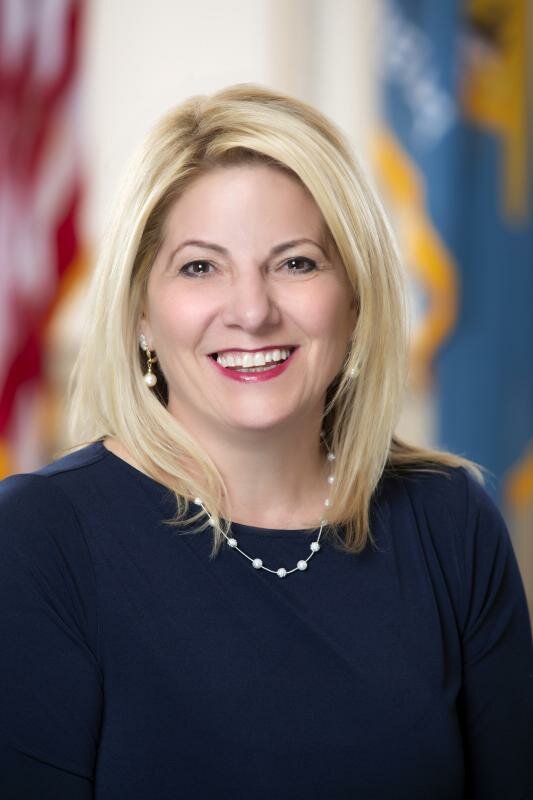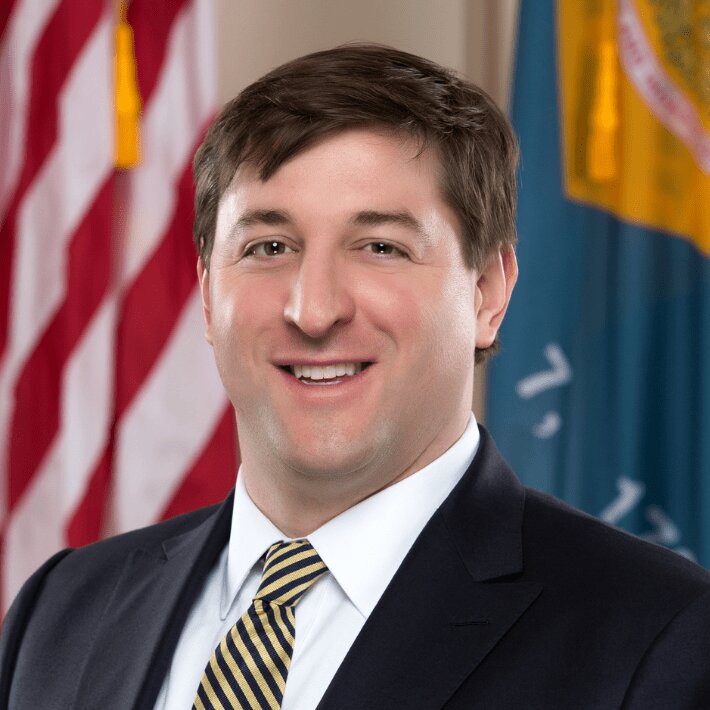Delaware health care facilities opposing bill to oversee hospital spending
DOVER — Health care groups are pushing back on a recently introduced proposal in Delaware’s House of Representatives that seeks to control the rising cost of health care in the First …

You must be a member to read this story.
Join our family of readers for as little as $5 per month and support local, unbiased journalism.
Already a member? Log in to continue. Otherwise, follow the link below to join.
Please log in to continue |
Delaware health care facilities opposing bill to oversee hospital spending
DOVER — Health care groups are pushing back on a recently introduced bill that would create a state board to oversee hospital spending.
Sponsors of the proposal in Delaware’s House of Representatives hope to control the rising cost of health care. House Substitute 1 for House Bill 350 would establish the Diamond State Hospital Cost Review Board, which would be responsible for reviewing and approving annual hospital budgets beginning in calendar year 2026.
When hospitals submit their proposed budgets for review, the board would consider state health care spending benchmarks and the financial health of each facility, as well as other factors like cost of operations, contract information, scope of services and a comparison of these costs in relation to other hospitals in the mid-Atlantic region.
Until the board is up and running in 2026, hospitals would be temporarily required to charge no more than 250% of Medicare costs for individuals paying for hospital services in 2025.
The substitute bill differs from its original version by clarifying that the board must issue a final budget decision 90 days before the start of a hospital’s fiscal year, since facilities operate with different time frames.
The updated version, sponsored by Speaker of the House Valerie Longhurst, D-Bear, also allows final decisions to be appealed to Superior Court and excludes psychiatric facilities from its purview.
Rep. Longhurst introduced House Bill 350 on March 12, which was substituted with changes just over a week later Thursday.
Ahead of the bill’s hearing in the House Administration Committee Wednesday, the Delaware Healthcare Association — whose members include Bayhealth, Beebe Healthcare and Christiana Care — stated the organization’s opposition to the “politician-control” bill Monday, calling the proposal “a risky plan that would harm patient care and fail to control health care costs in Delaware.”
“Developing a serious plan to contain health care costs requires insurers, government, practitioners, labor, medical device and pharmaceutical companies to work together,” said Delaware Healthcare Association president and CEO Brian Frazee in a statement. “To single out only the frontline workers and institutions who are delivering high-quality health care every day — the hospitals, doctors and nurses — is an irresponsible approach to public policy.”
The organization noted the legislation mirrors policy in Vermont, where 11 of the state’s 14 hospitals operate in debt while having the fifth-highest cost of care in the nation.
The decision making of the board — which would consist of five governor-appointed members with knowledge of health care policy and delivery, or business and finance — would “risk meaningful harm to patients and communities” as opposed to the current structure, according to Mr. Frazee.
Delaware hospitals are overseen by community boards, which the association president said contributes to state hospitals’ “$8 billion economic engine,” as the structure allows hospitals to respond directly to community needs.
Bayhealth president and CEO Terry Murphy has also spoken out against the measure, urging Delawareans to contact their lawmakers to oppose the legislation in a letter to community members Friday.
“The bill strips authority from our local community leader boards and puts five political appointees in charge of spending, staffing, cost of service, investments and every other key function of hospital operations,” Mr. Murphy wrote.
“The Bayhealth Board of Directors has always taken seriously the challenge of maintaining access to high-quality health care while keeping it affordable for the patients and communities we serve. We also know that insurers, pharmaceutical companies, medical device companies and others all have a role to play in solving affordability.
“Political appointees taking over hospitals alone will hurt, not help, Delaware.”
While Rep. Longhurst could not be reached for comment Monday, the House speaker said in a statement upon the bill’s introduction that in recent years, the state has seen “concerning spikes in health care costs, reaching levels that pose a serious threat to both our state budget and the well-being of our constituents.”
“Establishing this review board is a critical step to managing the rise in health care spending, ensuring we strike a balance that controls costs while guaranteeing quality health care for Delawareans.”
Across the hall, House Substitute 1 for House Bill 350 is being led by Senate Majority Leader Bryan Townsend, D-Newark.
While Rep. Longhurst and Sen. Townsend are the only sponsors listed on the substitute version of the proposal, the previous iteration had sponsorship from 27 Democratic members of the General Assembly, including each member of House and Senate majority leadership.
“Right now, Delaware is in the top five of states in terms of health care costs and in the bottom half when it comes to health care results,” Sen. Townsend said in a press release.
“Just as utilities operating in Delaware are required to justify hikes in water, electric and cable rates, our hospital systems also should be held accountable for the fees they charge and the outcomes they produce.”
House Substitute 1 for House Bill 350 is scheduled for a hearing during the House Administration Committee meeting today at noon inside the House chamber.
In Gov. John Carney’s recommended budget for fiscal year 2025, health care costs totaled $2 billion of the $6.1 billion plan, which is $200 million more than the current fiscal year and accounts for nearly 40% of that year-over-year growth.









 By
By 



